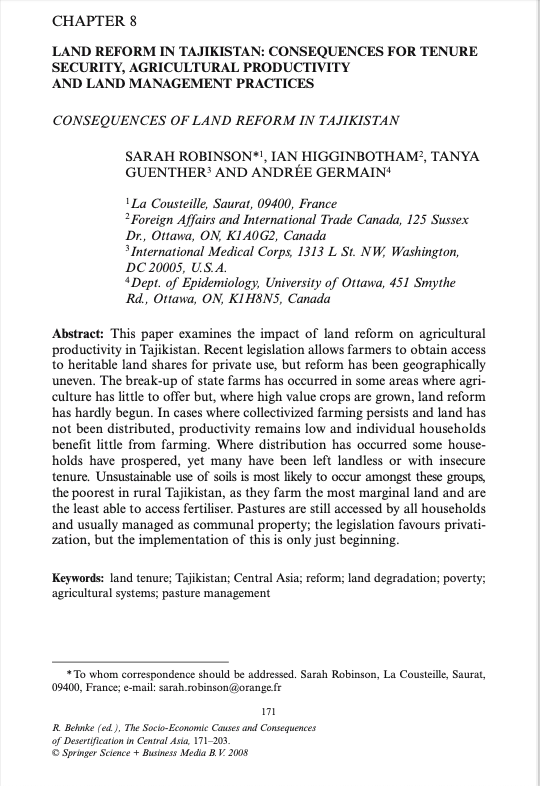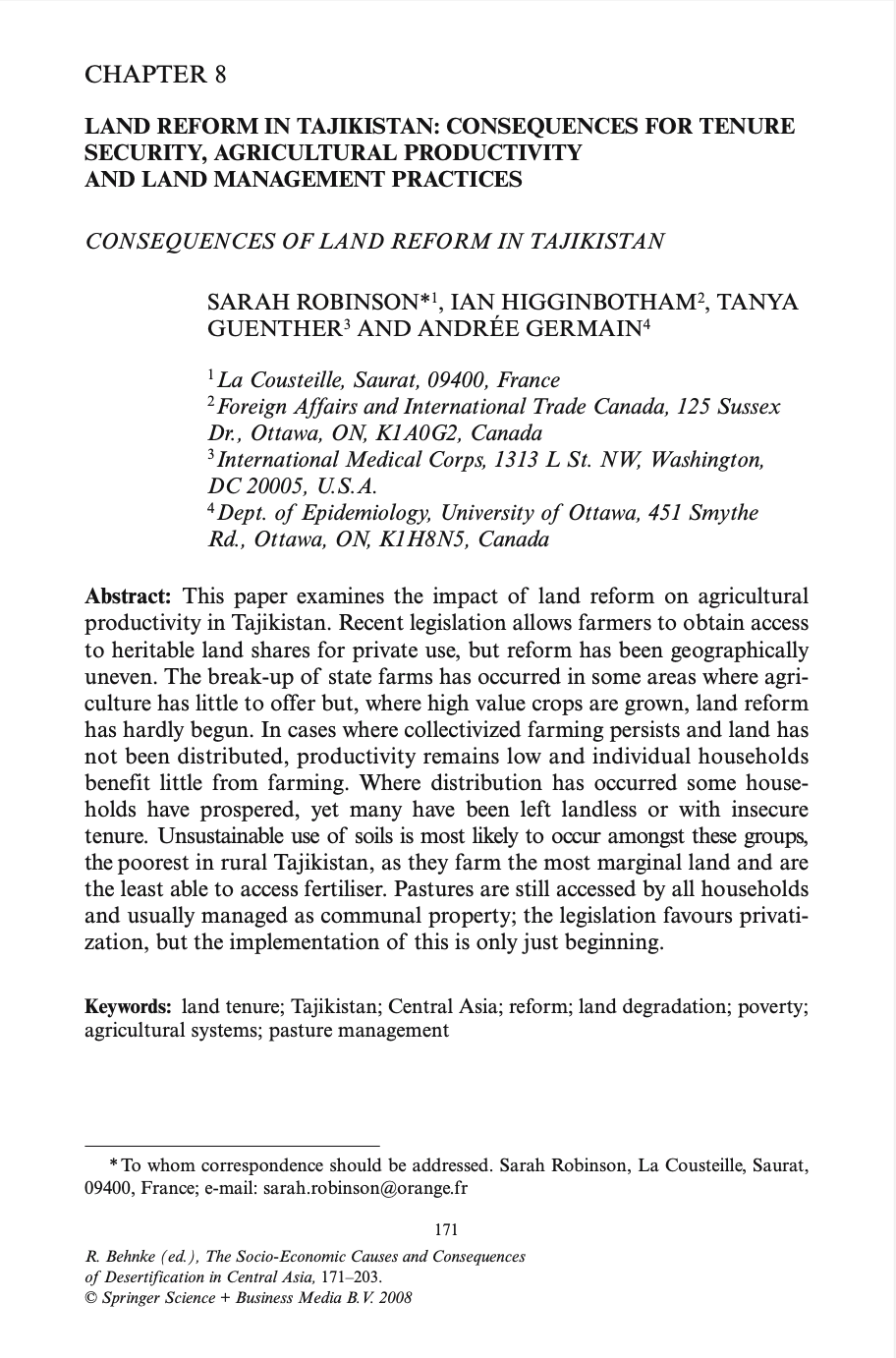Secure land rights for all
Secure land rights are important for development and poverty reduction and the greatest challenges for providing such rights are in urban, peri-urban areas, and the most productive rural areas. This publication updates and revises UN-HABITAT’s 2004 publication ‘Urban Land for All’, and stresses the need for policies that facilitate access to land for all sections of their existing and future populations – particularly those on low or irregular incomes.




